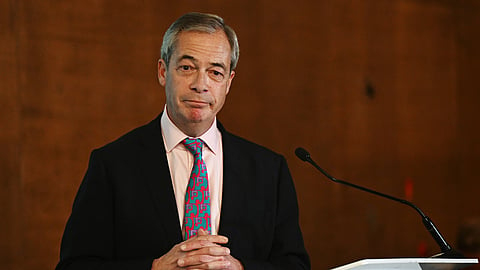Nigel Farage: Political disruptor and this years most successful UK politician – Adrian Wooldridge
Nigel Farage, Britain's quintessential insider-outsider, has reshaped UK politics with bold populist appeals and sharp critiques of the establishment. Leading the Reform Party, he challenges the status quo with promises of sovereignty and economic revival, echoing Thatcherite grit. Can the grand simplifier translate his rhetoric into lasting reform?
Sign up for your early morning brew of the BizNews Insider to keep you up to speed with the content that matters. The newsletter will land in your inbox at 5:30am weekdays. Register here.
The seventh BizNews Conference, BNC#7, is to be held in Hermanus from March 11 to 13, 2025. The 2025 BizNews Conference is designed to provide an excellent opportunity for members of the BizNews community to interact directly with the keynote speakers, old (and new) friends from previous BNC events – and to interact with members of the BizNews team. Register for BNC#7 here.
By Adrian Wooldridge ___STEADY_PAYWALL___

